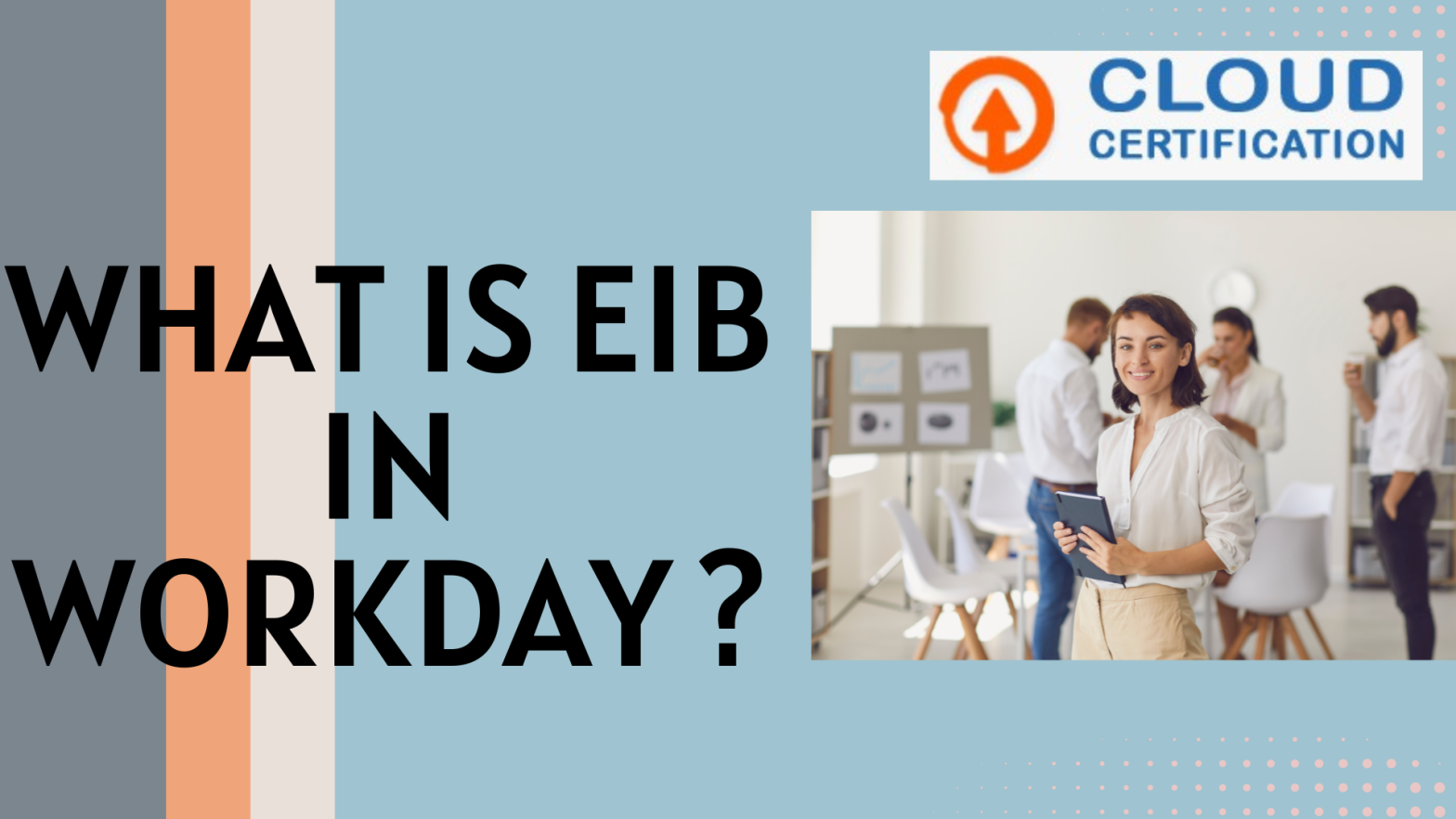What is EIB in Workday?
Introduction
Imagine you’re running a company where the task of managing data feels like herding cats. Employee records, payroll information, benefits data – all needing constant updates and integration from various sources. This is where Workday’s EIB, or Enterprise Interface Builder, steps in as your knight in shining armor. Let’s dive into what EIB is and how it can simplify your data management woes.
Understanding Workday EIB
The Basics
Workday’s Enterprise Interface Builder (EIB) is a versatile tool designed to facilitate the seamless transfer of data into and out of the Workday system. It’s like having a bridge that connects different islands of data, allowing for smooth transportation of information without the need for complex programming skills.
Why EIB?
Imagine trying to move a mountain of data manually – sounds exhausting, right? EIB simplifies this process by allowing you to load or extract data in bulk, making it ideal for tasks like mass hiring, updating employee information, or integrating with other systems. It’s designed to handle everything from structured data, like employee IDs and names, to more complex semi-structured data.
Key Features
1. User-Friendly Interface
EIB boasts an intuitive interface, making it accessible even to those without technical expertise. This user-friendly design reduces the dependency on IT departments for routine data tasks.
2. Versatile Data Handling
EIB can manage various file formats including CSV, XLS, and XML, ensuring flexibility regardless of your data source. This adaptability is crucial for businesses dealing with diverse data types.
3. Automation and Scheduling
EIB allows for the automation of data integration processes, meaning you can schedule data uploads and extractions to happen at specific intervals. This not only saves time but also minimizes the risk of errors associated with manual data handling.
4. Robust Security
Security is a top priority with EIB. It employs advanced security protocols to ensure that sensitive information remains protected during data transfer. This is especially important when dealing with personal employee information or financial data.
5. Error Handling
No system is perfect, and EIB is no exception. However, it comes equipped with robust error handling mechanisms. Detailed logs help users identify and rectify issues promptly, ensuring that data operations are as smooth as possible.
Practical Applications
1. Bulk Data Imports
One of the most common uses of EIB is for bulk data imports. Whether you’re onboarding a large number of new employees or updating benefits information, EIB makes these tasks manageable.
2. Mass Updates
Need to update job titles across the organization? EIB can handle mass updates efficiently, saving valuable time for HR and administrative teams.
3. External Integrations
Many organizations use multiple systems and platforms. EIB serves as a bridge for seamless data exchange between Workday and these external systems, ensuring data consistency across the enterprise.
4. Onboarding and Offboarding
EIB plays a crucial role in the onboarding and offboarding processes by efficiently transferring data related to new hires, terminations, and role changes. This contributes to a smoother HR lifecycle management.
Real-Life Example
Consider a scenario where a multinational company needs to update the compensation data for thousands of employees spread across different countries. Doing this manually would be a logistical nightmare. With EIB, the company can automate this process, ensuring that every employee’s data is updated accurately and efficiently, without the usual headaches associated with such a massive task.
Conclusion
Workday EIB is a powerful tool that simplifies data management by allowing seamless data integration. Whether you’re dealing with bulk imports, mass updates, or integrating with external systems, EIB provides a user-friendly, secure, and efficient solution. By leveraging EIB, organizations can streamline their HR processes, enhance data accuracy, and ultimately drive operational success.
FAQs
1. What is EIB in Workday?
EIB stands for Enterprise Interface Builder, a tool in Workday that facilitates the import and export of large volumes of data, simplifying data management without requiring extensive technical knowledge.
2. How does EIB enhance data security?
EIB uses advanced security protocols to protect sensitive information during data transfers, ensuring data integrity and confidentiality.
**3. Can EIB handle different data formats?**
Yes, EIB supports various file formats including CSV, XLS, and XML, making it versatile and adaptable to different data sources.
4. What are some common uses of EIB?
EIB is commonly used for bulk data imports, mass updates, external system integrations, and managing onboarding and offboarding processes.
5. How does EIB handle errors?
EIB includes robust error handling mechanisms with detailed logs, allowing users to identify and correct issues promptly, ensuring smooth data operations.
By incorporating EIB into your Workday system, you can transform your data management processes, making them more efficient and less error-prone. So, next time you’re faced with a mountain of data, remember that EIB is there to help you move it effortlessly.

